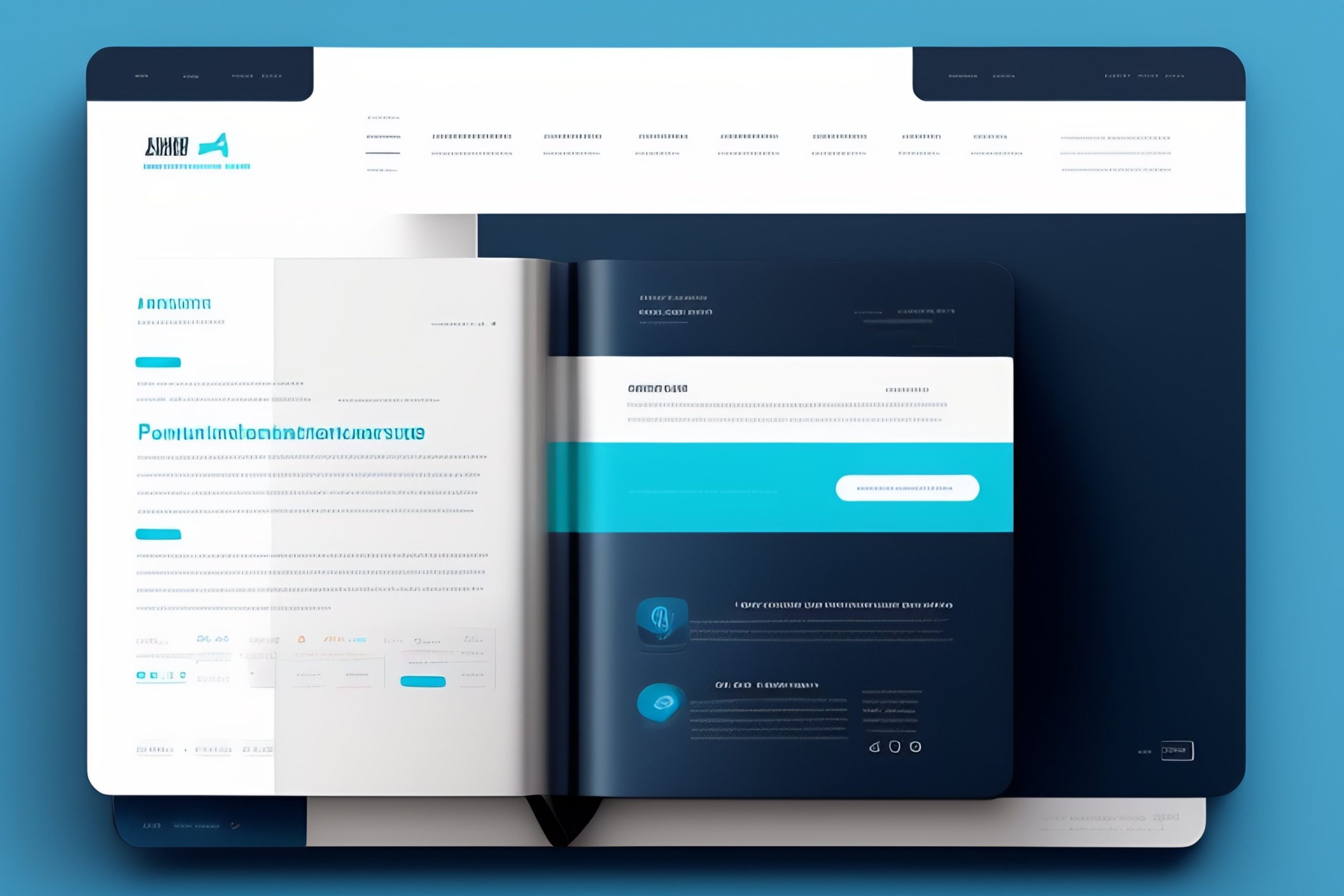Yes, an LLC is a flow-through entity. This means that the income and losses of the LLC pass through to the members of the LLC, who then report them on their personal tax returns.
There are two types of LLCs for tax purposes: single-member LLCs and multi-member LLCs.
- Single-member LLCs: A single-member LLC is treated as a disregarded entity for tax purposes. This means that the income and losses of the LLC pass through directly to the member of the LLC, and the LLC does not file its own tax return.
- Multi-member LLCs: A multi-member LLC is treated as a partnership for tax purposes. This means that the LLC files a partnership tax return (Form 1065), but the income and losses of the LLC pass through to the members of the LLC, who then report them on their personal tax returns.
Benefits of an LLC being a flow-through entity
There are a number of benefits to an LLC being a flow-through entity, including:
- Avoidance of double taxation: With a flow-through entity, the income of the business is only taxed once, at the individual level. This avoids the double taxation that can occur with a C corporation, where the income of the corporation is taxed at the corporate level and then again at the individual level when the shareholders receive dividends.
- Simplicity: Flow-through entities are generally simpler to operate and maintain than C corporations. This is because flow-through entities do not have to file their own tax returns or pay their own taxes.
- Flexibility: Flow-through entities offer a great deal of flexibility in terms of how they are structured and operated. For example, members of an LLC can choose to be taxed as a partnership or as an S corporation.
Drawbacks of an LLC being a flow-through entity
There are also a few drawbacks to an LLC being a flow-through entity, including:
- Personal liability: Members of an LLC are personally liable for the debts and liabilities of the LLC. This means that if the LLC is sued, the members of the LLC could be held personally responsible for the damages.
- Self-employment tax: Members of an LLC are subject to self-employment tax on their share of the LLC’s income. This tax is used to fund Social Security and Medicare benefits.
What is a flow-through entity?
A flow-through entity is a legal business structure that passes its income and losses directly to its owners, who then report them on their personal tax returns. This avoids double taxation, which occurs when income is taxed at both the entity level and the individual level.
Types of flow-through entities
The most common types of flow-through entities are:
- Sole proprietorships
- Partnerships
- Limited liability partnerships (LLPs)
- Limited liability companies (LLCs)
- S corporations
Single-member LLCs and multi-member LLCs
There are two types of LLCs for tax purposes: single-member LLCs and multi-member LLCs.
- Single-member LLCs: A single-member LLC is treated as a disregarded entity for tax purposes. This means that the income and losses of the LLC pass through directly to the member of the LLC, and the LLC does not file its own tax return.
- Multi-member LLCs: A multi-member LLC is treated as a partnership for tax purposes. This means that the LLC files a partnership tax return (Form 1065), but the income and losses of the LLC pass through to the members of the LLC, who then report them on their personal tax returns.
Self-employment tax for LLC members
Members of an LLC are subject to self-employment tax on their share of the LLC’s income. This tax is used to fund Social Security and Medicare benefits. The self-employment tax rate is 15.3% for 2023.
Avoiding double taxation with an LLC
An LLC avoids double taxation by passing its income and losses directly to its members, who then report them on their personal tax returns. This means that the income of the business is only taxed once, at the individual level.
Simplicity of flow-through entities
Flow-through entities are generally simpler to operate and maintain than other types of business structures, such as C corporations. This is because flow-through entities do not have to file their own tax returns or pay their own taxes.
Flexibility of flow-through entities
Flow-through entities offer a great deal of flexibility in terms of how they are structured and operated. For example, members of an LLC can choose to be taxed as a partnership or as an S corporation.
Personal liability for LLC members
In some cases, members of an LLC may be personally liable for the debts and liabilities of the business. This is especially true for single-member LLCs. However, there are ways to structure an LLC to reduce the risk of personal liability, such as having a separate business bank account and credit card.
Conclusion
Whether or not an LLC is a good choice for your business will depend on a number of factors, including the size and complexity of your business, your tax goals, and your asset protection goals. If you are considering forming an LLC, it is important to consult with an attorney to discuss your specific needs and to ensure that the LLC is structured correctly.

